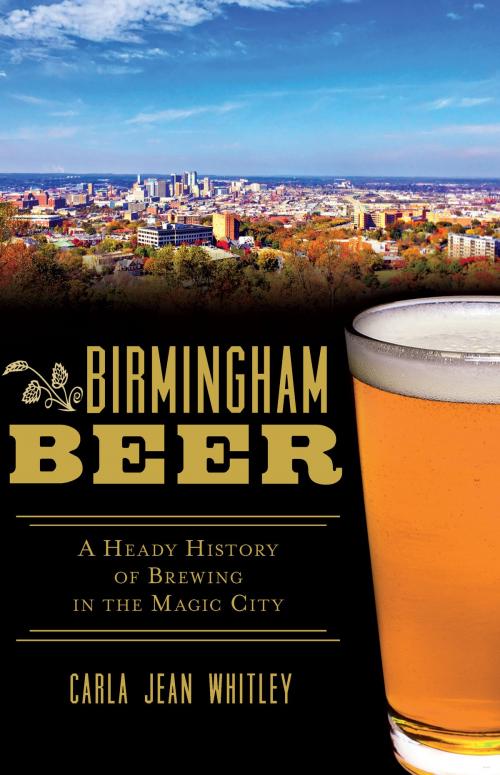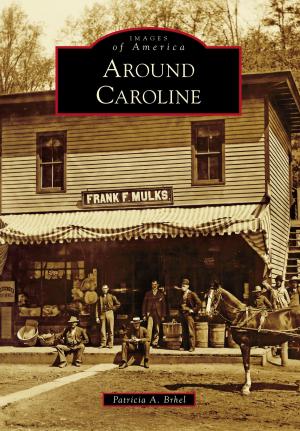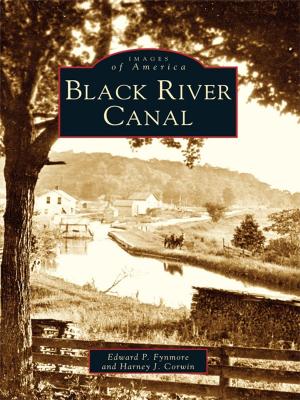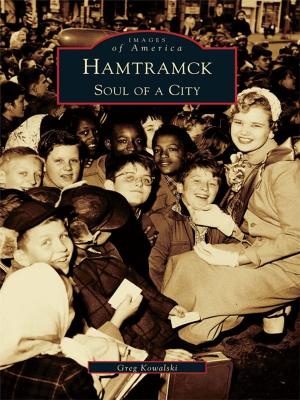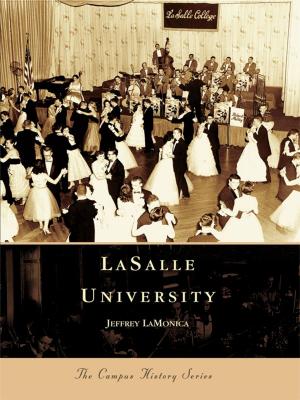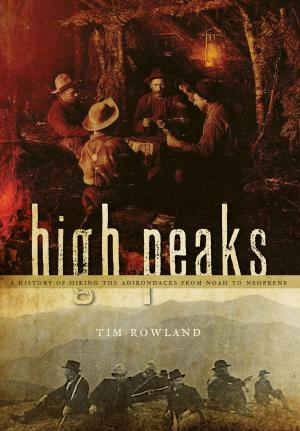Birmingham Beer
A Heady History of Brewing in the Magic City
Nonfiction, Food & Drink, Beverages, Beer, History, Americas, United States| Author: | Carla Jean Whitley | ISBN: | 9781625849847 |
| Publisher: | Arcadia Publishing Inc. | Publication: | July 27, 2015 |
| Imprint: | The History Press | Language: | English |
| Author: | Carla Jean Whitley |
| ISBN: | 9781625849847 |
| Publisher: | Arcadia Publishing Inc. |
| Publication: | July 27, 2015 |
| Imprint: | The History Press |
| Language: | English |
Less than fifteen years after the birth of Birmingham, its brewing history began, and soon saloons dotted nearly every corner. Prohibition, however, decimated the brewing scene for eighty-five years. Although national Prohibition began in 1920, Jefferson County voted to go dry in 1907. Alabama beer saw a brief resurgence after the Brewpub Act of 1992, as craft beer's popularity grew nationwide. But the brewpubs and breweries that emerged struggled against the state's restrictive laws, which included such stipulations as locating brewpubs in historic districts and limiting beer bottle sizes to sixteen ounces. By the time grass-roots lobbying organization Free the Hops formed in 2004 to fight those restrictive laws, every Birmingham brewery had closed. Join author Carla Jean Whitley as she uncovers the struggle to make local beer a Birmingham staple.
Less than fifteen years after the birth of Birmingham, its brewing history began, and soon saloons dotted nearly every corner. Prohibition, however, decimated the brewing scene for eighty-five years. Although national Prohibition began in 1920, Jefferson County voted to go dry in 1907. Alabama beer saw a brief resurgence after the Brewpub Act of 1992, as craft beer's popularity grew nationwide. But the brewpubs and breweries that emerged struggled against the state's restrictive laws, which included such stipulations as locating brewpubs in historic districts and limiting beer bottle sizes to sixteen ounces. By the time grass-roots lobbying organization Free the Hops formed in 2004 to fight those restrictive laws, every Birmingham brewery had closed. Join author Carla Jean Whitley as she uncovers the struggle to make local beer a Birmingham staple.
